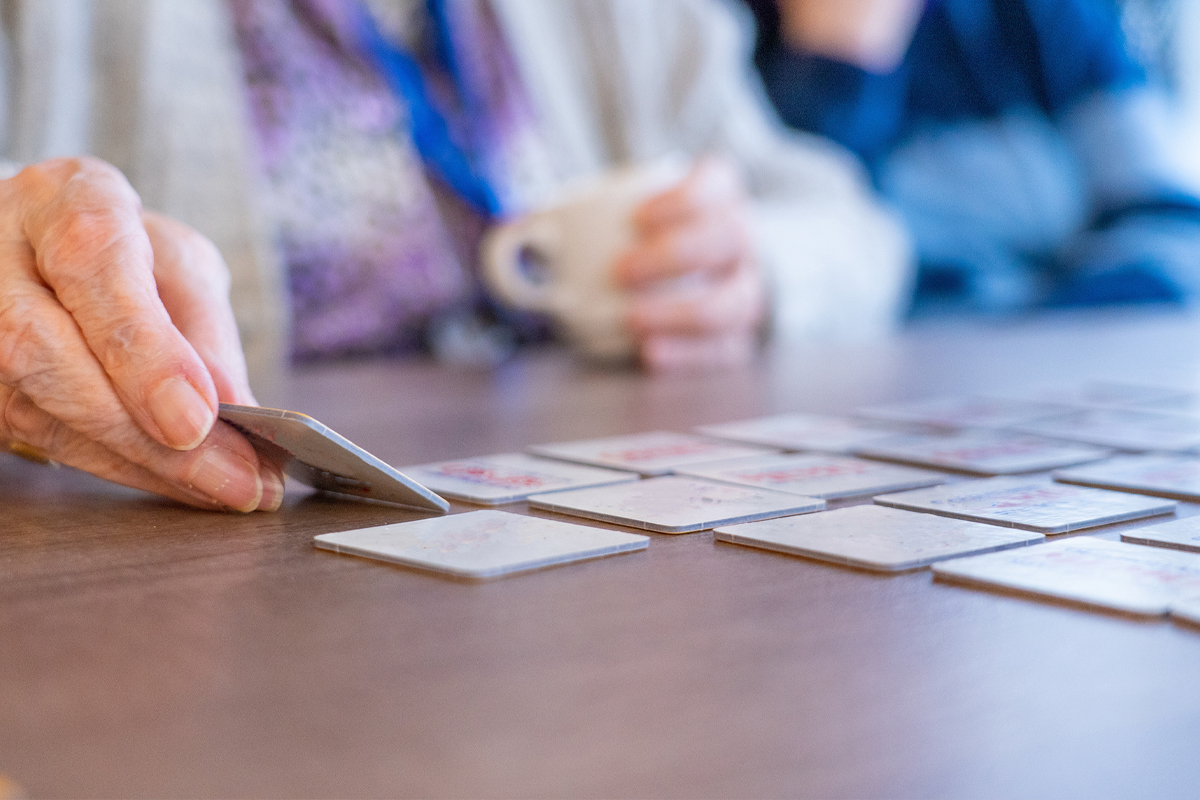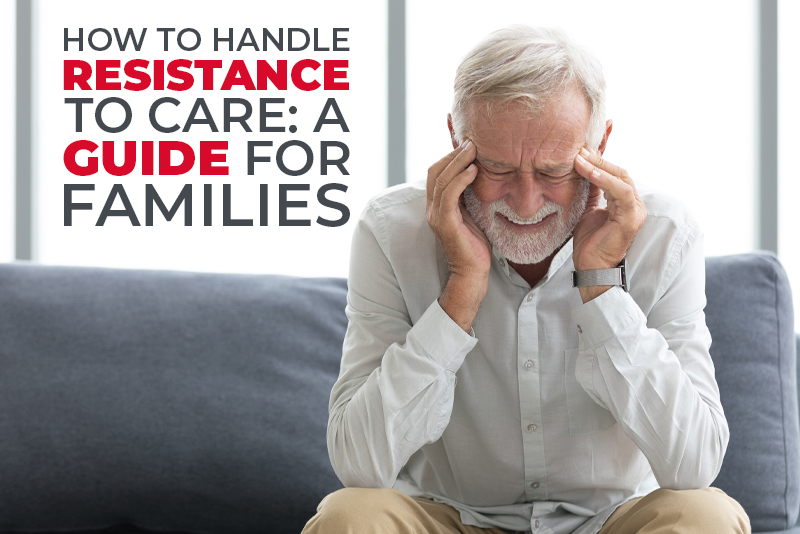Stay Socially Connected: Senior Lifestyle & Activities As we age, staying connected becomes more important than ever. Social interaction plays a vital role in emotional well-being and even physical health. For seniors, building and maintaining social connections can help reduce feelings of loneliness, improve mental health, and increase life satisfaction. At Caring Home Care, we
End-of-Life Conversations: How to Talk to Aging Parents About Senior Care and Planning Talking about the end of life can feel uncomfortable—but it’s one of the most important conversations families can have. Open and honest end-of-life conversations give aging parents a voice in their care and allow loved ones to understand their wishes. Whether you’re
Maintain Mental Sharpness: Cognitive Health Tips for Seniors As we age, staying mentally sharp becomes just as important as staying physically healthy. Memory lapses, slower thinking, and decreased focus can affect quality of life. Fortunately, there are many ways to support cognitive health and keep the brain engaged. At Caring Home Care, we believe that
Financial Planning for Senior Care: Tips for Managing Long-Term Home Care Expenses Planning for senior care can feel overwhelming—especially when it comes to finances. Whether you’re a family caregiver or an aging adult preparing for the future, understanding how to budget for home care and manage long-term care expenses is essential. With proper planning and
Difference Between Companion and Personal Care As seniors age or face health challenges, home care becomes an essential service that promotes independence and well-being. But not all home care is the same. Two of the most common types are companion care and personal care. Understanding the difference between these two options can help families choose
The Benefits of Yoga and Stretching for Seniors As we age, staying active becomes more important than ever. Gentle movement, primarily through yoga and stretching, can improve physical and mental health for older adults. Whether it’s improving flexibility, easing joint pain, or simply enhancing mood, the benefits of senior yoga are too good to ignore.
Plan for Future Care Needs: Smart Steps for a Secure Tomorrow As loved ones age, their needs change. It’s natural to want the best for them. Planning ahead helps ensure they receive the care and support they deserve. This blog offers practical care planning tips to help families prepare for elderly care and create future
How to Handle Resistance to Care: A Guide for Families When a loved one needs support, suggesting outside help or professional home care can be difficult. Many families are surprised to encounter senior care resistance, even when it’s clear that their aging parent or relative needs help. Whether it’s due to fear, pride, or confusion,
Maintain Mental Sharpness: Essential Tips for Seniors Maintaining mental sharpness is vital for seniors who want to enjoy a high quality of life. Keeping the brain active not only supports memory but also promotes emotional well-being. At Caring Home Care, we understand the importance of providing cognitive health tips that truly work. Here’s a guide
The Role of Nutrition in Diabetes Supporting Better Health Through Smarter Food Choices Managing diabetes becomes more important as we age. For seniors living with this condition, proper nutrition isn’t just a recommendation—it’s essential. The role of diet in diabetes care can’t be overstated. It helps regulate blood sugar, reduce complications, and improve quality of












